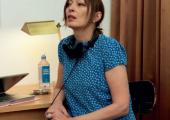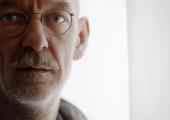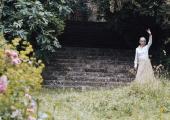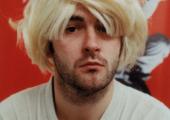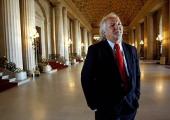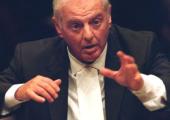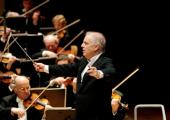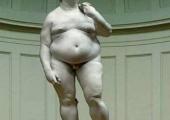Interview: Heiner Goebbels, on staging strange worlds
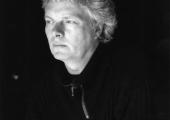
German innovator in London on brilliant form with the Hilliard Ensemble
First, the name. There’s no family link between the 57-year-old German composer and Hitler’s Doctor Death. This Goebbels cuts an impressive figure. Solidly built, with thick white hair and slightly cherubic features, and speaking fluent English, he’s above all accessible and unpretentious. Today, in Germany especially, but also abroad - in the States and Britain, where his renown is growing - the name Heiner Goebbels evokes not hatred but magical stage ambiences, lyrical and parodic song, strange music and hypnotic dance: new wonders from a new Germany.

